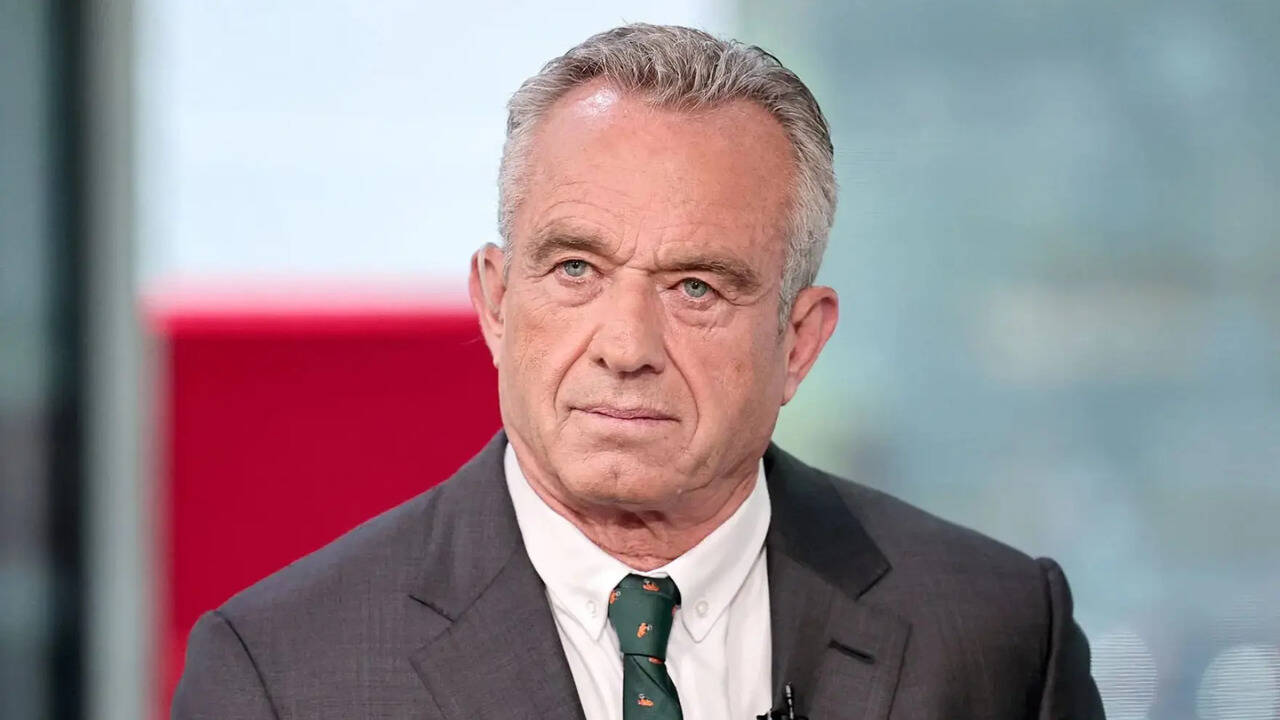RFK Jr. Claims CDC’s Latest Vaccine–Autism Guidance Was Issued Under His Direction

Credits: Public Forum
SummaryRFK Jr.’s decision to push the CDC toward new vaccine–autism language has alarmed medical experts, who say the update conflicts with long-established scientific evidence. Keep reading for more details.
End of Article
